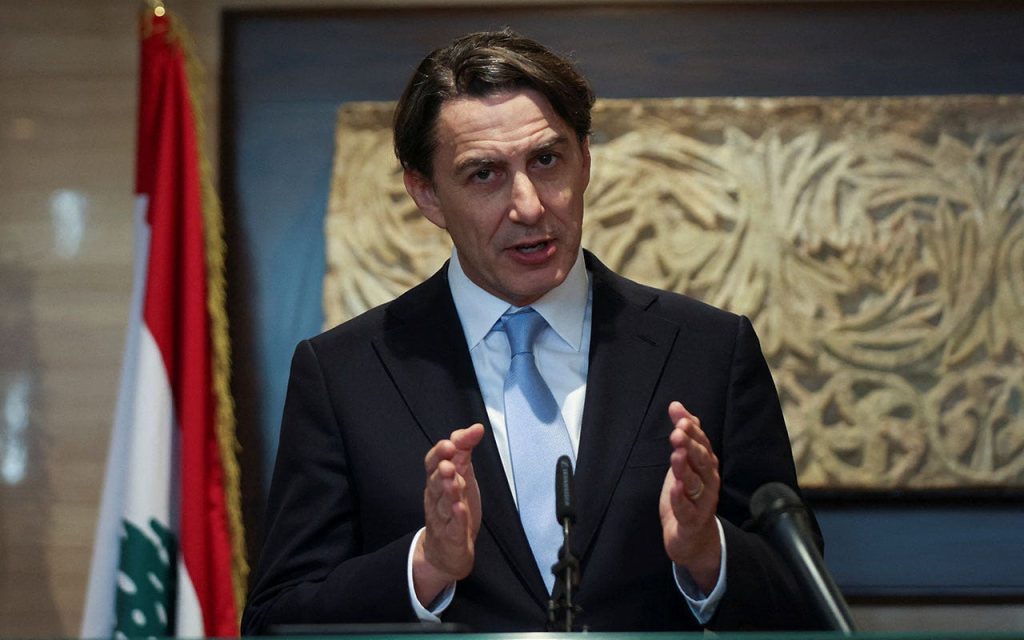Amos Hochstein, a White House senior adviser, has emphasized the importance of promoting mining projects in countries that may be considered risky due to factors like poor standards and political instability. He warned that the reluctance of Western corporations to engage in these countries could hinder the global energy transition and increase reliance on China. Hochstein stressed the need for the United States and its allies to support mining projects in countries with rich mineral resources to ensure a reliable and sustainable global supply of critical minerals needed for combatting climate change.
In a panel discussion at the Milken Institute Global Conference in Los Angeles, Hochstein highlighted the essential role of mineral resources in nations like the Democratic Republic of Congo and Zambia in meeting the growing global demand for clean energy components and power infrastructure. He also emphasized that these resources offer an alternative to the world’s current dependence on China. Hochstein urged Western corporations to overcome their reservations and invest in mining projects in countries with different levels of risk associated with their labor, environmental standards, and political systems.
President Joe Biden’s Inflation Reduction Act has provided significant subsidies for producers of minerals like lithium and copper, which are crucial for technologies such as batteries and solar panels. Hochstein suggested that similar support should be extended to projects in countries with abundant resources but facing challenges related to labor and environmental standards and political stability. He advocated for collaboration between the United States, Group of Seven nations, Australia, South Korea, and Saudi Arabia to unlock capital for companies hesitant to take on projects in risky countries.
Hochstein proposed leveraging U.S. agencies like the U.S. International Development Finance Corporation and Export-Import Bank of the United States, as well as relying on global institutions like the World Bank and International Monetary Fund to facilitate the flow of capital for mining projects in challenging countries. He emphasized the role of governments in incentivizing countries to improve their communities and quality of life, ultimately creating a more sustainable and equitable energy transition. By taking on more risk and encouraging the private sector to invest, collaboration between governments, financial institutions, and companies can drive progress towards achieving global climate goals.
To ensure a successful energy transition that is not limited to Western standards and locations, Hochstein stressed the importance of promoting investment in countries with diverse risk profiles, including nations like Chile, Peru, Ecuador, Mexico, Angola, and others. He called for a collective effort to address the challenges associated with investing in these countries and empowering them to unlock their potential as key suppliers of critical minerals. By encouraging responsible investment and providing incentives for improvement, governments and financial institutions can support a robust and inclusive global supply chain for clean energy technologies, helping to combat climate change effectively and sustainably.


